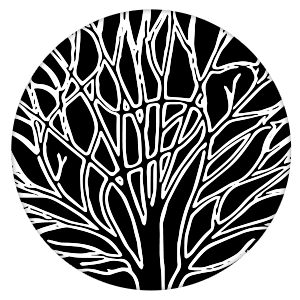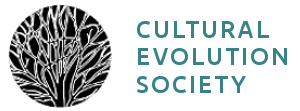CES Online Learning Tutorials
Models of Social Dynamics: An Introductory Module
 Welcome to this short course on models of social dynamics.
Welcome to this short course on models of social dynamics.
Understanding complex dynamics in social, ecological, and evolutionary systems is challenging. Verbal models are often ambiguous, and statistical models rarely establish causal origins for phenomena of interest. In contrast, formal mathematical and computational models can help us to form intuitions and develop generative theories about the behaviors of complex social systems. This short course takes an interdisciplinary approach to modeling social behavior, drawing on insights from across the social sciences as well as from evolutionary ecology.
This course is about formal models: mathematical and computational models of complex processes. More specifically, in this module we'll focus on relatively simple computational models that even those without heavy math or programming backgrounds should be able to get off the ground relatively painlessly. Formal models can help us communicate ideas unambiguously, and they provide us with a toolkit with which we are better able to form intuitions and develop generative theories about the behaviors of complex social systems.
The material for this course is inherently interdisciplinary. We will cover models on topics that should be of interest to almost anyone who studies social behavior. After the introductory unit, each of the next five units will focus on a broad topic and some simple but illuminating models, constructing and analyzing simulations using the NetLogo programming language. Key topics include contagion, opinion dynamics, cooperation, norms, and sociopolitical cycles. A lecture script, slides and references are provided with each unit. NetLogo code and exercises are provided for the five modeling units.
To access the lectures: Click here or use the dropdown menu above under "Lectures."
A webinar by Paul Smaldino associated with this module is available in the DySoC/NIMBioS 2020 Webinar Series on Cultural Evolution: How to teach modeling, or Thoughts on a pedagogy for cultural evolution.
Module Designer
Paul E. Smaldino, Cognitive and Information Sciences, University of California, Merced
SponsorsModels of Social Dynamics is one of a series of online teaching modules sponsored by the Cultural Evolution Society and the Center for the Dynamics of Social Complexity through the generous support of the John Templeton Foundation.
This project was supported by Grant #61105 from the John Templeton Foundation to the University of Tennessee, Knoxville (PIs: S. Gavrilets and P. J. Richerson) with assistance from the Center for the Dynamics of Social Complexity and the National Institute for Mathematical and Biological Synthesis at the University of Tennessee, Knoxville.

The Cultural Evolution Society's Online Learning Tutorial Series is licensed under a Creative Commons Attribution-NonCommercial-ShareAlike 4.0 International License. For designers' contact information, click here.



